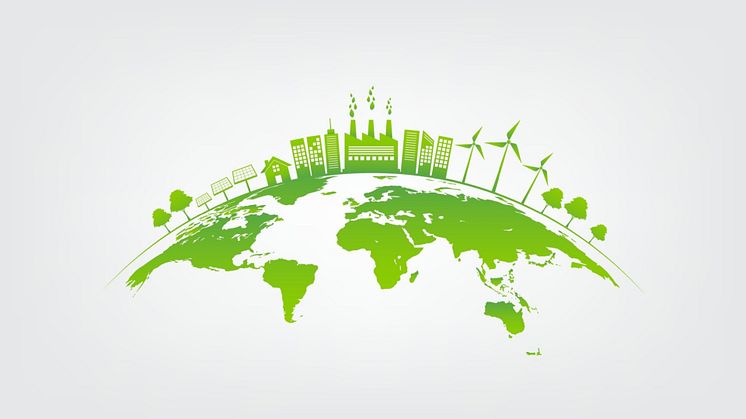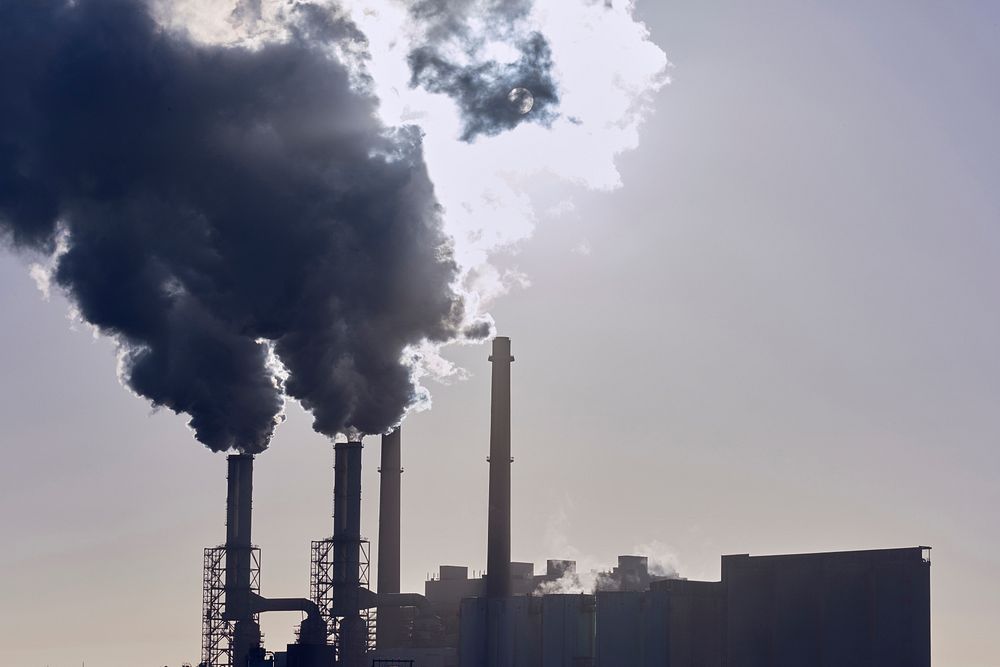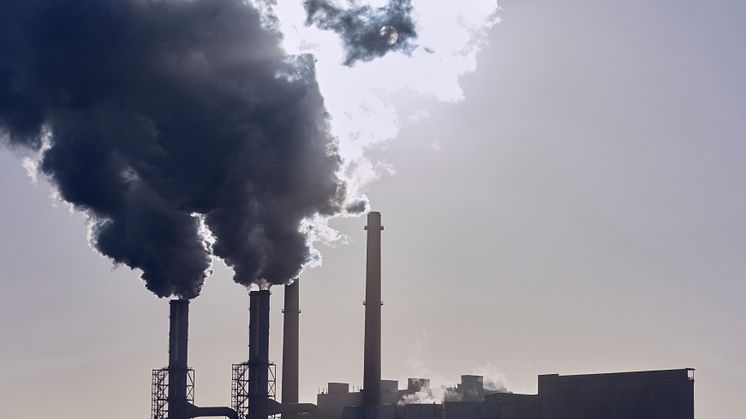
Press release -
Earth Day 2023: How the industrial sector can play its part
Earth Day emphasises the importance of climate protection for the whole world. On 22 April of each year. everyone is encouraged to consider their own behaviours and the influence they have on the environment. But natural disasters and their impacts can only be averted with concerted action on several fronts. Especially in the industrial sector
Climate change is one of the most serious global challenges. More frequent and severe extreme weather events are affecting particular regions, while incremental rises in temperatures also adversely impact the lives of all people – across all national borders.
Earth Day was initiated in 1970 to raise awareness for ecological problems around the world and to advocate environmental protection. On 22 April of each year. everyone across the globe is encouraged to consider their own behaviours and the influence they have on the environment, as well as to identify options to protect the environment.
Various actions and events are often organised on this day, among them environmental rallies, clean-up drives or informational gatherings. Business owners also use this day to reflect on their own contribution.
Crucial in the fight against climate change: the industrial sector
After all, the industrial sector is among the most important levels for achieving the defined climate goals. The EU is obliged by the Paris Agreement to make the global economy more climate-friendly. Included in this are a wide variety of measures that are designed to achieve climate neutrality by 2050 and to limit global warming to 1.5 degrees Celsius if possible.

The industrial sector accounts for just under 200 tonnes of carbon emissions and hence for around 20% of the global output. A change in the economy will be necessary to reach the climate goals. Although this comes with challenges for the businesses, it also presents opportunities to embrace a more viable future and to reflect growing calls for sustainable production.
5 ways to adopt more sustainable production
What matters now is to address various aspects that would permit a more climate-friendly approach within the industrial sector.
- Sustainable resource procurement: When procuring materials, industrial companies can already make sure that their raw materials are sustainable – for instance by using only timber from certified sources or recycled metal. Carbon emissions in production can also be reduced by opting for renewable energy sources or wind power.
- Energy efficiency: Production consumes a lot of energy and the issue of downstream processing is crucial, even with the use renewable resources. This may include, for instance, the deployment of energy-efficient machinery, heat recovery and a smart lighting system.
- Product design: Sophisticated design can positively influence the sustainability of production output when the goods are used by consumers. Sustainable packaging materials and modular designs facilitate subsequent recycling and reuse.
- Staff: Training courses and workshops are good ways of raising staff awareness for more sustainable production. A more considered approach to resource and energy management during working hours will have a positive impact on sustainable production.
- Waste management: Effective waste management can contribute to reducing the volume of discarded materials and increasing their recycling or reuse. For instance, companies can introduce waste reduction programmes or partner with recycling companies to reuse waste and make it available as a raw material for another product. Examples include the chemicals industry, where carbon dioxide can even be harnessed for use in production instead of just releasing it into the environment.
A second life for machinery
When considering items 1, 2 and 5, it is also worth addressing the issue of which machinery is actually used. After all, even the manufacture of machinery causes significant carbon emissions, while decommissioned equipment generates waste. Companies that wish to produce more sustainably are well advised to reflect on the deployment of used machinery in their businesses. Doing so contributes to resource efficiency, minimises carbon emissions and reduces waste by giving the machinery a second life. Used machines do not adversely affect production, either. With a bit of luck, the companies can even find new and energy-efficient machinery. Used machinery is mostly in a good condition and will enjoy a long service life going forward. It also cuts costs and frees up a budget for other upgrades of the company.
In addition, businesses can sell machines they no longer require instead of scrapping them. This also eases the strain on the purse strings, and other companies can continue to use the machinery without generating significant waste in their disposal.
A strong partner in machinery trading: Anyone looking to buy or sell used machinery will be confronted with a wide array of options. One of them is the industrial auction house Surplex, which now has offices in 16 European countries and over 20 years of experience in dealing with used machinery. The professionals from Surplex.com advise interested parties in the purchase or sale of machinery and deliver a competent, end-to-end service throughout the process, from the contractual conclusion to logistics.
About Surplex
Surplex is one of Europe’s leading industrial auction houses trading worldwide in used machines and factory equipment. The 16-language auction platform Surplex.com is visited around 50 million times every year. Each year, it sells more than 55,000 industrial products in over 800 online auctions. The company is based in Düsseldorf, Germany and has offices in 16 European countries. Over 220 employees from 20 different nations generate an annual turnover of more than 100 million euros.


